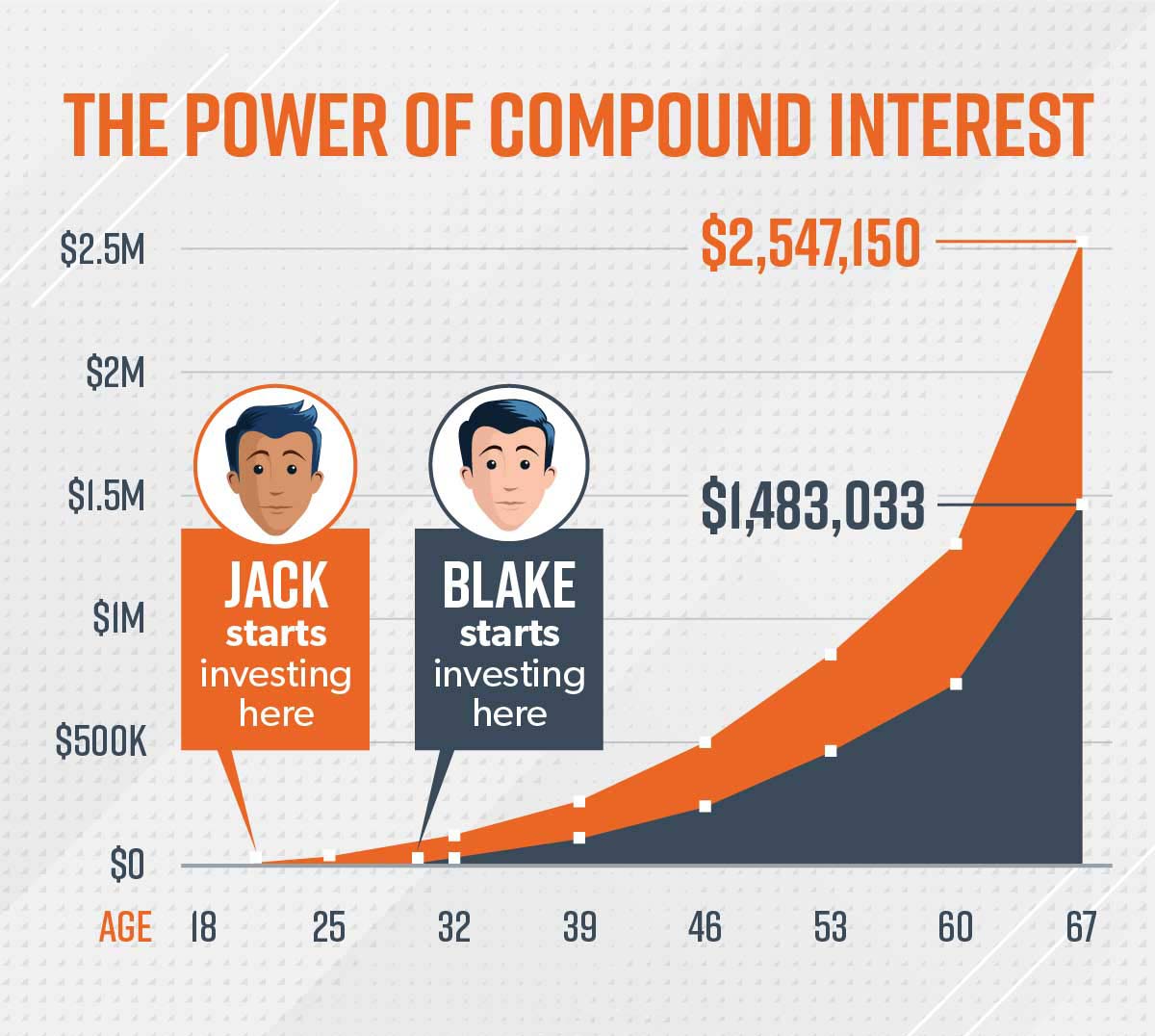If the thought of investing in the stock exchange frightens you, you are not alone. Individuals with extremely restricted experience in stock investing are either frightened by horror stories of the typical financier losing 50% of their portfolio valuefor example, in the two bear markets that have already taken place in this millennium or are beguiled by "hot suggestions" that bear the guarantee of big benefits but rarely pay off.
The https://postheaven.net/sandurriew/if-the-thought-of-investing-in-the-stock-market-frightens-you-you-are-not-alone reality is that investing in the stock exchange carries danger, but when approached in a disciplined way, it is one of the most effective ways to develop one's net worth. While the value of one's house generally accounts for the majority of the net worth of the typical private, the majority of the wealthy and really rich normally have most of their wealth invested in stocks.

Secret Takeaways Stocks, or shares of a company, represent ownership equity in the company, which provide investors voting rights as well as a residual claim on business earnings in the kind of capital gains and dividends. Stock markets are where specific and institutional financiers come together to buy and offer shares in a public place.
A private or entity that owns 100,000 shares of a company with one million impressive shares would have a 10% ownership stake in it. A lot of companies have outstanding shares that face the millions or billions. Typical and Preferred Stock While there are two primary types of stocktypical and chosenthe term "equities" is associated with typical shares, as their combined market value and trading volumes are numerous magnitudes larger than that of favored shares.
Preferred shares are so called due to the fact that they have choice over the typical shares in a business to receive dividends as well as assets in case of a liquidation. Typical stock can be further categorized in regards to their voting rights. While the standard premise of typical shares is that they should have equivalent voting rightsone vote per share heldsome business have double or several classes of stock with various voting rights attached to each class.